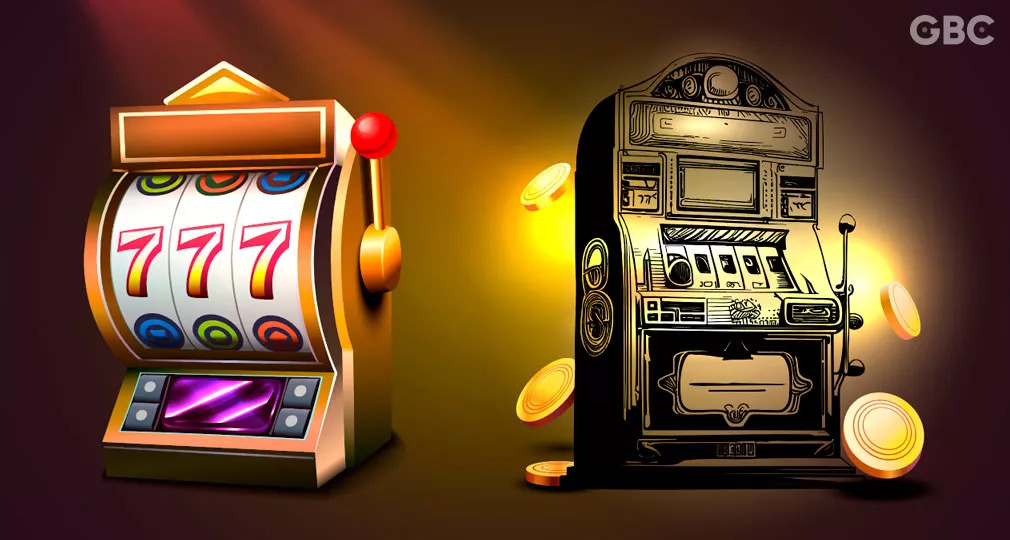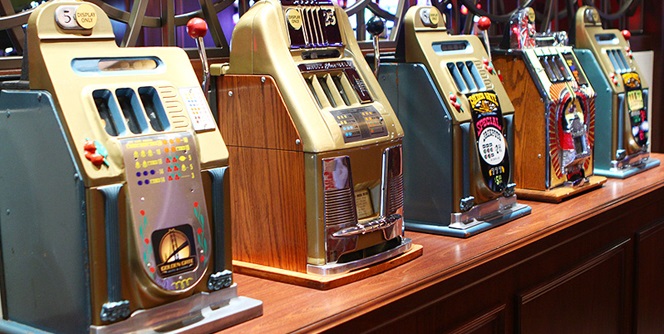
Slots Through the Ages: From Origins to Modern Rules
Slot machines, with their whirling dials, bright lights, and cacophony of sounds, have become an integral symbol of the casino experience. But how did these machines, now so deeply embedded in modern gaming culture, come into existence? This article takes you on a journey through the history of slots and elucidates the game’s evolving rules.
The Birth of the Slot Machine
The origins of the slot machine can be traced back to the late 19th century. The first slot, known as the “Liberty Bell,” was invented by Charles Fey in San Francisco in 1895. This mechanical machine had three spinning reels, each adorned with symbols like horseshoes, diamonds, spades, hearts, and the Liberty Bell itself.
The operation was simple: drop a coin, pull a lever, and watch the reels spin. A winning combination would line up in the center, with the top prize awarded for three Liberty Bells in a row. This foundational concept set the stage for the slot machines we recognize today.
These early slots became wildly popular in bars and saloons, cementing their place in entertainment history and paving the way for more intricate machines and gameplay mechanisms.
The Evolution of Design and Mechanics
With the dawn of the 20th century, slots underwent significant transformation. Manufacturers introduced more symbols, increasing the complexity and odds of the game. By the 1960s, electromechanical slots emerged, which meant more features, such as multi-coin bets and higher jackpots.
Then, the 1980s witnessed the advent of computerized slots. These machines replaced physical reels with simulated ones, making the game even more captivating and introducing a plethora of themes, sound effects, and bonus rounds.

Modern Slots and the Rules
Today’s slot machines, whether physical or online, are marvels of technology. They offer an array of themes, from classic fruit symbols to elaborate narratives based on popular movies or historical events.
The rules, while rooted in the original mechanics, have expanded. Players can choose from single-line to multi-line games, place varying amounts of bets, and partake in bonus rounds. Moreover, the introduction of progressive jackpots, where the prize grows until someone hits the winning combination, has added a thrilling dimension to slot gameplay.
Online and mobile slots have brought the game to the fingertips of players around the world, with unique features like “wilds,” “scatters,” and interactive bonus rounds enhancing the experience.
The Cultural Impact of Slot Machines
From their humble beginnings, slot machines have not just evolved in mechanics but also in cultural significance. Their presence in movies, music, and even literature speaks volumes about their impact on society and popular culture.
Slots represent more than just a game; they signify the human affinity for luck, chance, and the dream of a life-altering win. As technology advances, one can only speculate how slots will continue to enthrall and adapt, but their legacy is undoubtedly here to stay.
